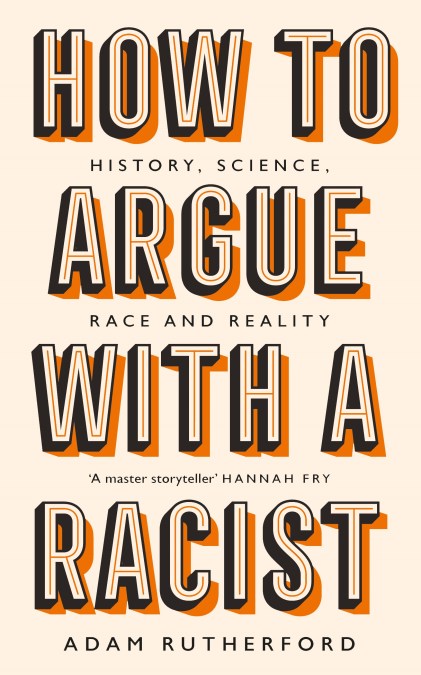Race, genetics and pseudoscience: an explainer
Ewan’s Blog: Bioinformatician at Large
2019-10-24
Ewan Birney, Joint Director
European Molecular Biology Laboratory, European Bioinformatics Institute (EMBL-EBI), Cambridgeshire, United Kingdom
Jennifer Raff, Assistant Professor of Anthropology
University of Kansas
Adam Rutherford, Professor of Genetics, Evolution & Environment
University College London
Aylwyn Scally, Professor of Genetics
University of Cambridge
Human genetics tells us about the similarities and differences between people – in our physical and psychological traits, and in our susceptibility to disorders and diseases – but our DNA can also reveal the broader story of our evolution, ancestry and history. Genetics is a new scientific field, relatively speaking, merely a century old. Over the last two decades, the pace of discovery has accelerated dramatically, with exciting new findings appearing daily. Even for scientists who study this field, it’s difficult to keep up.
Amidst this ongoing surge of new information, there are darker currents. A small number of researchers, mostly well outside of the scientific mainstream, have seized upon some of the new findings and methods in human genetics, and are part of a social-media cottage-industry that disseminates and amplifies low-quality or distorted science, sometimes in the form of scientific papers, sometimes as internet memes – under the guise of euphemisms such as ‘race realism’ or ‘human biodiversity’. Their arguments, which focus on racial groupings and often on the alleged genetically-based intelligence differences between them, have the semblance of science, with technical-seeming tables, graphs, and charts. But they’re misleading in several important ways. The aim of this article is to provide an accessible guide for scientists, journalists, and the general public for understanding, criticising and pushing back against these arguments…
Read the entire article here.

